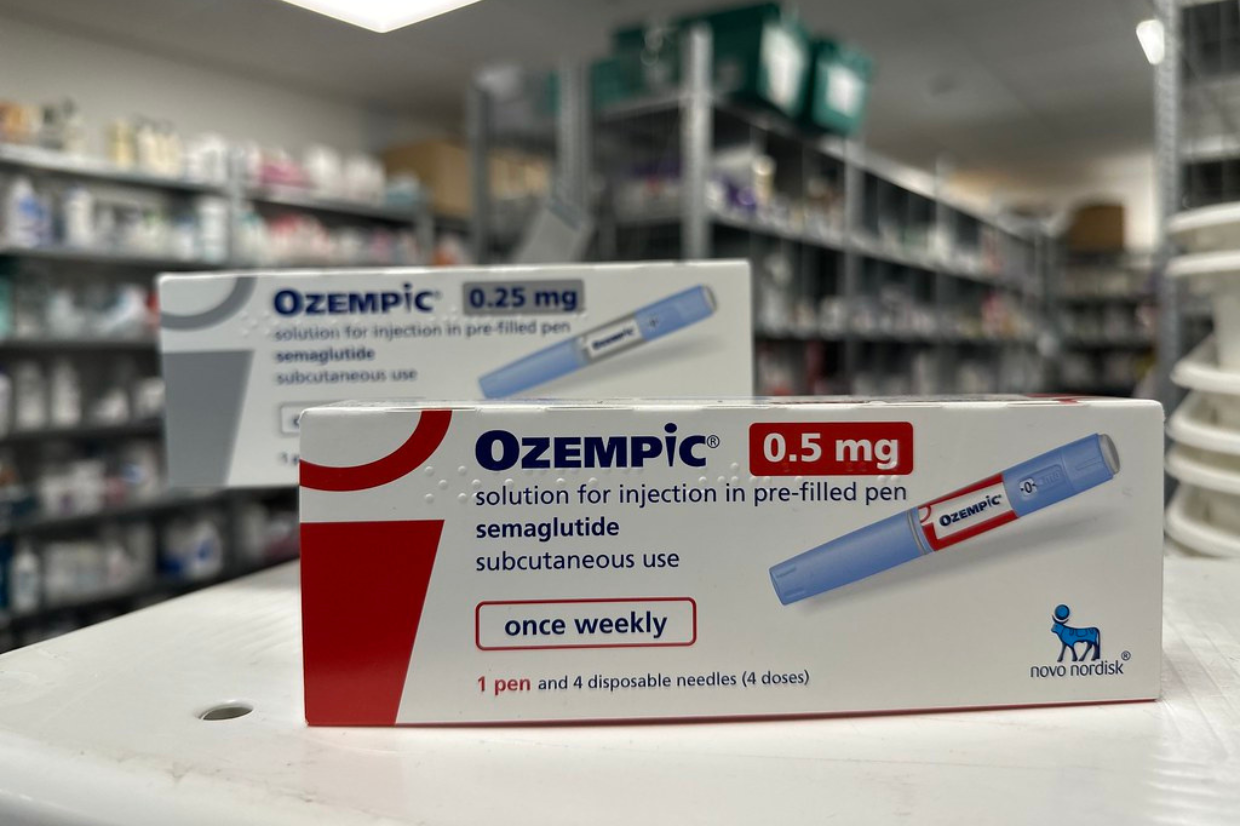04/04/2024 (China) - Hangzhou Jiuyuan Gene Engineering, a pharmaceutical company in China, has announced its application for approval to market a biosimilar version of the widely used diabetes medication Ozempic, originally developed by Novo Nordisk. The company aims to offer the drug, named Jiyoutai, for managing blood sugar levels in patients with type 2 diabetes. This move could pose a significant challenge to Novo Nordisk’s growth ambitions in the Chinese market.
Novo Nordisk’s patents for Ozempic and the related weight management drug Wegovy are anticipated to expire in 2026, as detailed in their annual report. The demand for Ozempic in China saw a remarkable increase last year, with sales reaching 4.8 billion Danish crowns ($694 million), which represents 5% of the global sales totaling 95.7 billion crowns. Ozempic has gained recognition as the leading diabetes medication globally, partly due to its active ingredient, semaglutide, which is also used in Wegovy for weight loss at a different dosage.
The introduction of a more affordable biosimilar like Jiyoutai in China, the largest market in Asia, could impact the demand for Wegovy. Novo Nordisk plans to launch Wegovy in China focusing on self-paying patients. In light of the potential competition, a spokesperson for Novo expressed the company's hope for continued innovation support and protection in China, emphasizing the importance of such an environment for the development of new and innovative medical treatments.
If approved, Jiyoutai would be the first locally developed biosimilar semaglutide drug in China, mimicking the biological structure of the original biologic drug but not identical. The application for Jiyoutai’s approval is timely, given the global surge in demand for semaglutide that exceeds supply.
Jiuyuan Gene, primarily owned by China’s Huadong Medicine, has recently completed a late-stage clinical trial in China. This trial compared its semaglutide injection with Ozempic across 476 patients, indicating the company's progress toward introducing a competitive biosimilar option in the diabetes treatment landscape.



